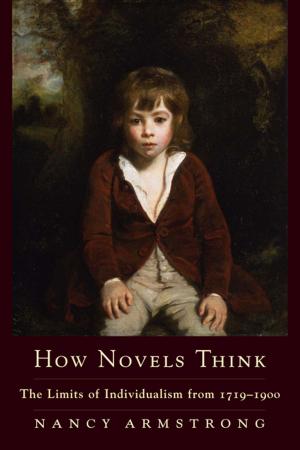| Author: | Thomas Keightley | ISBN: | 9786050411232 |
| Publisher: | Thomas Keightley | Publication: | August 30, 2015 |
| Imprint: | Language: | English |
| Author: | Thomas Keightley |
| ISBN: | 9786050411232 |
| Publisher: | Thomas Keightley |
| Publication: | August 30, 2015 |
| Imprint: | |
| Language: | English |
In reading and criticising the plays of Shakespeare, we must always bear in mind that they were written for the stage, not for the closet, to be acted, not to be read. Shakespeare, as it would appear, was utterly regardless of literary fame; he had, as we have seen, one sole object in view, to acquire as much money as would enable him to quit the hurry and bustle of London, and settle down in his native Stratford-on-Avon as a man of independent property, and be, if possible, the founder of a family. Pouring forth, therefore, his tragic and comic strains, with as little apparent effort as the songsters of the grove warble their native notes, he set no value on them but as they filled the Globe and the Blackfriars and thus tended to the realization of the great object of all his ambition; and he never gave a single one of them to the press, as was done by Jonson and others who sought for literary fame by their dramas.
In reading and criticising the plays of Shakespeare, we must always bear in mind that they were written for the stage, not for the closet, to be acted, not to be read. Shakespeare, as it would appear, was utterly regardless of literary fame; he had, as we have seen, one sole object in view, to acquire as much money as would enable him to quit the hurry and bustle of London, and settle down in his native Stratford-on-Avon as a man of independent property, and be, if possible, the founder of a family. Pouring forth, therefore, his tragic and comic strains, with as little apparent effort as the songsters of the grove warble their native notes, he set no value on them but as they filled the Globe and the Blackfriars and thus tended to the realization of the great object of all his ambition; and he never gave a single one of them to the press, as was done by Jonson and others who sought for literary fame by their dramas.















